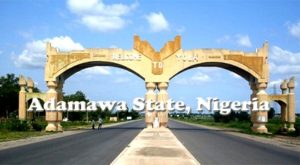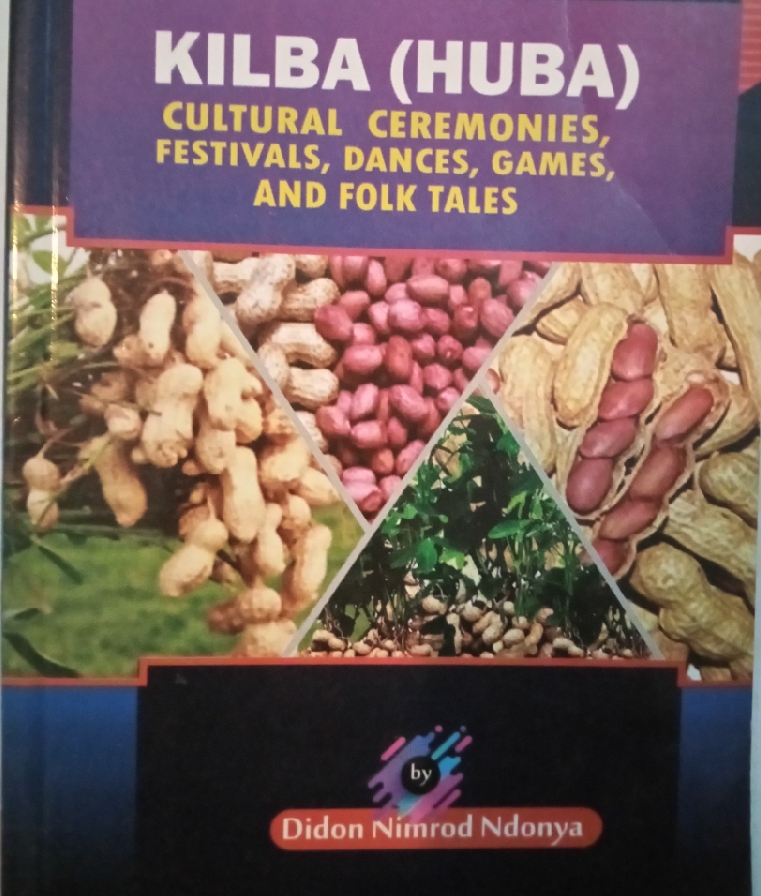The point is that Nigeria and the world will only be a better place if every identity tells its own story because no one can tell any other person’s story without turning it into a tool for hegemony and domination.
That is the problem with Nigeria talking endlessly about its strength in diversity even as Nigeria itself does not have a mapping of each of the constituent cultural group or spaces. As such, Nigeria has nothing to show beyond radio cliches on deploying cultural resources peculiar to its many cultural entities for nation building as well as its global self-representation. Beyond the much touted figure of about 250 or so cultural identities, the country has no documented idea of what is unique to each of these and how such uniqueness may be reconstructed into conflict management practices, inter-cultural confidence building and nationalist lores for foreign policy. It is not clear if the three think tanks that should be doing this have any resources or framework to do it. These should be the NIIA, NIPSS and the badly named IPCR.
With the country’s comfort in self-ignorance, only the bigger ethnic groups with power and resources have done any mapping of proverbs, cosmological, metaphysical and group lores peculiar to them but mainly and understandably in demonstration of the exceptionalism they claim. As such, most of the narratives embody elements of the we/they binary that implicates such narratives in the legacy of violent inter-group relations in Nigeria.
 It is in this context that December 21st, 2019 will be a great day, both for Kilba (Huba) ethnic group in Adamawa State and Nigeria when the book, “Kilba (Huba): Cultural Ceremonies, Festivals, Dances, Games and Folktales” is presented to the general public.
It is in this context that December 21st, 2019 will be a great day, both for Kilba (Huba) ethnic group in Adamawa State and Nigeria when the book, “Kilba (Huba): Cultural Ceremonies, Festivals, Dances, Games and Folktales” is presented to the general public.
Written by Didon Nimrod Ndonya, a seasoned educationist, community leader and administrator, we are told the book delves deeply and exhaustively on the rich tapestry of cultural norms and traditional practices of the Kilba, one of Adamawa’s most prominent and successful ethnic groups.
Explaining the motivation for writing the book, Didon Ndonya poses the book as an important contribution to national dialogue because culture can be used to promote national unity in a multicultural society such as Nigeriaa. He attributes to the Kilba (Huba) a vibrant, hospitable, hardworking and richly endowed people whose tradition, ceremonies and cultural practices are an invaluable contribution the rich sociocultural heritage of Adamawa State and Nigeria. “It is a lively and colourful culture which I have lived through and enjoyed and what we set out to achieve in this book is to share this experience with the younger generations and the rest of the world”.
Potential readers are told the book portrays in readable, comprehensive details some Kilba traditional ceremonies like the Threshing of the Corn (Dig Uhi) and other agriculture-derived practices which gave the Kilba their reputation as successful farmers. There are also vignettes on initiation into manhood (Mba); wedding ceremonies (Hudza); inheritances (Bwa Tsir); and burial rites. And that it also features traditional Kilba games such as Tullah Ngah Yaronduwa, Tullah Kakkale Kale, Tullah Inya Inyajo, Tullah Idu Leu, Tullah Simusu, among others.
All roads would thus lead to the Universal Basic Education (UBE) Board Hall in Jimeta, Yola on December 21st, where Professor Johnson Pungri, Provost, College of Education, Hong in Adamawa State will chair the launching while Engr. Salihu Ahmed, Chairman, Kilba Development Association, Abuja Branch will be the chief launcher.




























